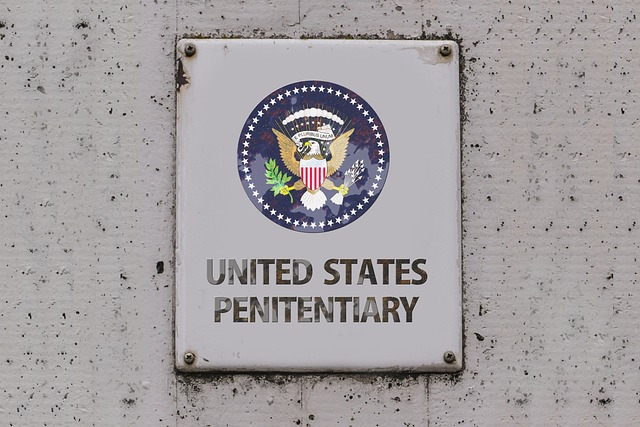Mental health issues can impair driving ability, particularly in high-risk geographic areas requiring quick reactions and clear decision-making. These areas, characterized by elevated stress, limited mental health services, or higher accident rates, demand targeted interventions like regular check-ins, counseling, support groups, specialized driving assessments, and adaptive technology (High-Risk Geographic Area Interventions). Tailored educational programs, accessible therapy, and community education reduce risk factors associated with mental health issues, promoting safer driving habits and improving road safety.
Mental health is a critical yet often overlooked factor in ensuring safe driving. This article explores the intricate relationship between these two essential aspects, focusing on understanding how mental health conditions can impact driving ability. We delve into identifying high-risk geographic areas where targeted interventions can make a significant difference. By implementing effective strategies, vulnerable communities can enhance safe driving practices, ultimately reducing accidents and promoting well-being on our roads.
- Understanding Mental Health and Its Impact on Driving
- Identifying High-Risk Geographic Areas for Targeted Interventions
- Implementing Effective Strategies to Enhance Safe Driving in Vulnerable Communities
Understanding Mental Health and Its Impact on Driving

Mental health issues can significantly impact an individual’s ability to drive safely, especially in high-risk geographic areas where quick reactions and clear decision-making are crucial. Conditions such as depression, anxiety, post-traumatic stress disorder (PTSD), or schizophrenia can affect concentration, judgment, and emotional control – essential skills for driving. For instance, individuals experiencing heightened anxiety might struggle with panic attacks while driving, leading to erratic behavior on the road. Similarly, those battling depression may exhibit slower reaction times and reduced awareness of their surroundings, increasing the risk of accidents.
In high-risk areas, where driving demands are higher, such as urban centers or mountainous regions, mental health interventions become even more critical. Strategies like regular check-ins with healthcare professionals, access to counseling services, and support groups can play a vital role in managing these conditions. Additionally, employing High-Risk Geographic Area Interventions (HRGAIs), such as specialized driving assessment programs and adaptive technology, can help ensure that individuals with mental health challenges drive safely and securely.
Identifying High-Risk Geographic Areas for Targeted Interventions

Identifying high-risk geographic areas is a strategic step in addressing mental health and driving safety concerns. These areas often emerge as hotspots due to various factors such as elevated stress levels, limited access to mental health services, or higher rates of road accidents linked to distracted or impaired drivers. By pinpointing these regions, targeted interventions can be effectively deployed. For instance, communities with a history of severe traffic collisions might benefit from enhanced road safety campaigns that focus on driver awareness and mental well-being.
Geographic targeting allows for the customization of programs to suit specific needs. This could involve implementing support networks, accessible therapy services, or community-based education programs to equip individuals with coping strategies and promote better driving habits. Such interventions aim to reduce risk factors associated with mental health issues and improve overall road safety within these high-risk areas.
Implementing Effective Strategies to Enhance Safe Driving in Vulnerable Communities

In high-risk geographic areas, implementing targeted interventions is paramount for enhancing safe driving and reducing accidents among vulnerable communities. These strategies often include educational programs tailored to address specific mental health challenges and their impact on driving behavior. By fostering awareness about conditions like depression, anxiety, or PTSD, which can affect concentration and reaction times, community members gain valuable insights into managing their mental well-being while behind the wheel.
Additionally, access to resources for professional help and support networks plays a crucial role. Encouraging open dialogue about mental health and providing easy-to-reach services can significantly improve driving safety. Such interventions not only empower individuals to take control of their mental health but also contribute to creating a culture of responsible and safe driving within these communities.
Mental health issues can significantly impact driving safety, particularly in high-risk geographic areas. By identifying vulnerable communities and implementing targeted interventions, we can enhance safe driving practices. These strategies focus on early detection, education, and support systems, ensuring that drivers with mental health challenges receive the necessary assistance to navigate our roads responsibly. This proactive approach is key to creating a safer and more inclusive transportation network for all.






